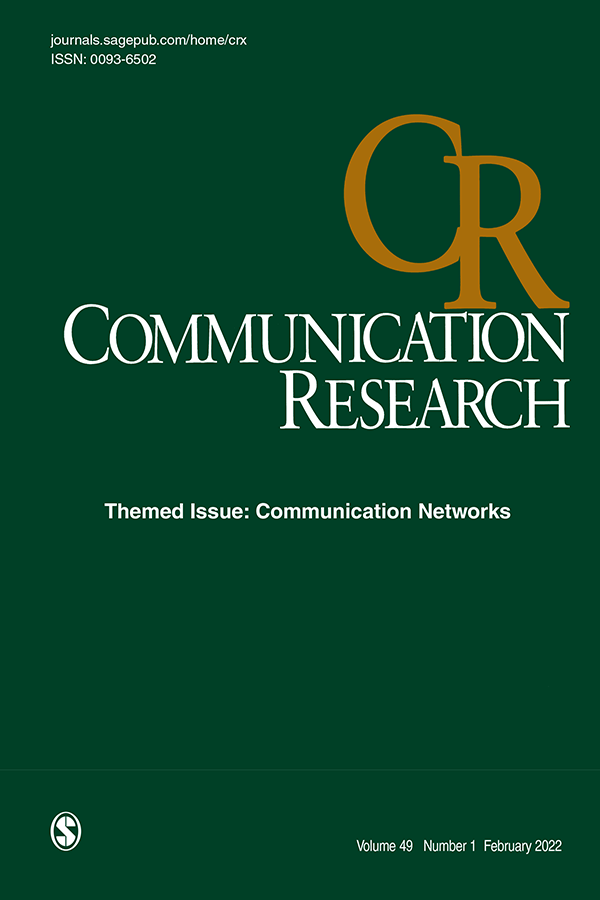闭着眼睛生活很容易:避免有针对性的政治广告,以应对隐私问题,感知个性化和过载
IF 4.9
1区 文学
Q1 COMMUNICATION
引用次数: 3
摘要
政党越来越依赖复杂的目标策略来说服潜在的选民。然而,考虑到公民经常反对将他们的数据用于政治目的,人们对有针对性的政治广告的有效性提出了质疑。在本研究中,我们研究了公民为了规避有针对性的政治广告而可能采用的三种回避行为:认知回避、阻止行为和隐私保护行为。我们测试了隐私问题,感知个性化和超载是否解释了为什么个人诉诸回避行为。此外,我们还探讨了不同回避策略之间的相互关系。在维也纳州选举的背景下,一项两波小组研究(N = 428)的结果表明,对隐私的关注增加了认知回避和隐私保护行为。相反,感知到的个性化减少了认知回避和阻碍行为。随着时间的推移,认知回避进一步减少了隐私保护行为,这表明低努力策略可能会抑制针对数据收集实践的预防行动。本文章由计算机程序翻译,如有差异,请以英文原文为准。
Living is Easy With Eyes Closed: Avoidance of Targeted Political Advertising in Response to Privacy Concerns, Perceived Personalization, and Overload
Political parties increasingly rely on sophisticated targeting strategies to persuade potential voters. However, questions have been raised about the effectiveness of targeted political ads, considering that citizens frequently oppose the use of their data for political purposes. In this study, we investigate three avoidance behaviors that citizens might employ in order to circumvent targeted political ads: cognitive avoidance, blocking behaviors, and privacy-protective behaviors. We test if privacy concerns, perceived personalization, and overload explain why individuals resort to avoidance behaviors. Moreover, we explore interrelations between the different avoidance strategies. Findings from a two-wave panel study ( N = 428) in the context of the Viennese state election showed that privacy concerns increased cognitive avoidance and privacy-protective behaviors. In contrast, perceived personalization decreased cognitive avoidance and blocking behaviors. Cognitive avoidance further reduced privacy-protective behaviors over time, indicating that low-effort strategies might inhibit preventive actions against data collection practices.
求助全文
通过发布文献求助,成功后即可免费获取论文全文。
去求助
来源期刊

Communication Research
COMMUNICATION-
CiteScore
17.10
自引率
0.00%
发文量
20
期刊介绍:
Empirical research in communication began in the 20th century, and there are more researchers pursuing answers to communication questions today than at any other time. The editorial goal of Communication Research is to offer a special opportunity for reflection and change in the new millennium. To qualify for publication, research should, first, be explicitly tied to some form of communication; second, be theoretically driven with results that inform theory; third, use the most rigorous empirical methods; and fourth, be directly linked to the most important problems and issues facing humankind. Critieria do not privilege any particular context; indeed, we believe that the key problems facing humankind occur in close relationships, groups, organiations, and cultures.
 求助内容:
求助内容: 应助结果提醒方式:
应助结果提醒方式:


